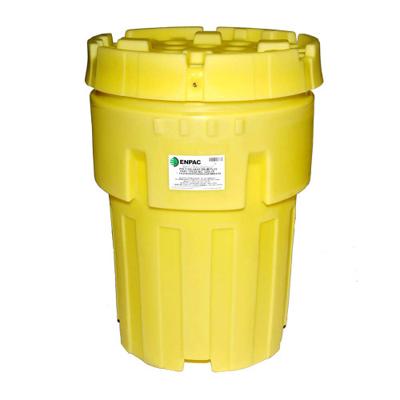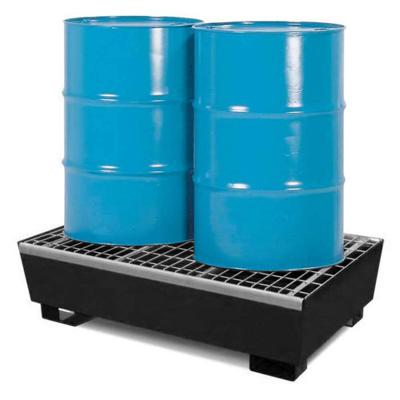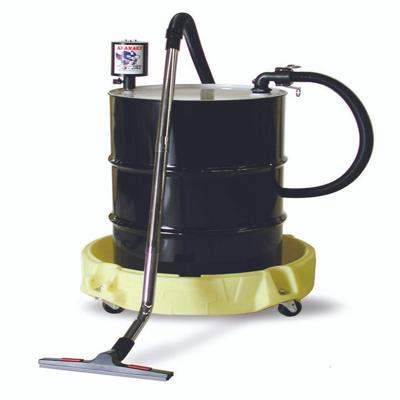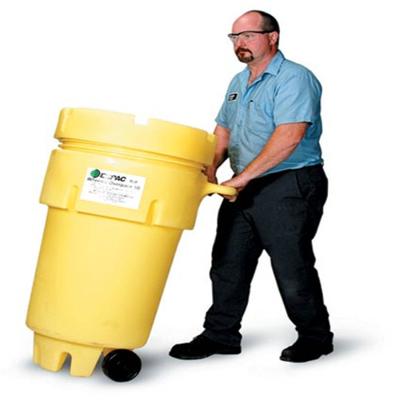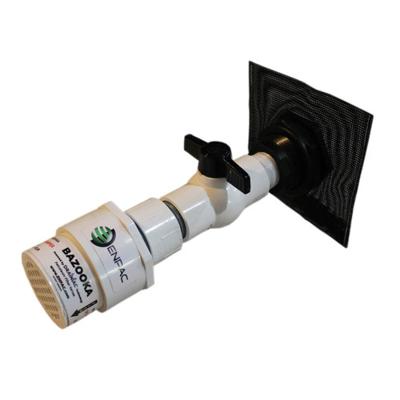Bazooka Passive Oil Filter For Spill Containment
Bazooka oil filter spill containment unit is designed to be used in conjunction with spill containment berms to filter hydrocarbons, such as oil & gasoline from rainwater runoff or other spills. It features a trickle filter and an automatic shut-off valve using Drainiac technology to help capture oils and fuels while letting clean water pass easily. This unit also includes a pre-filter that swells as it absorbs hydrocarbons from entering the drain, causing any damage. The Bazooka system can be installed in a variety of locations, including stormwater drains, catch basins and other drainage systems.


